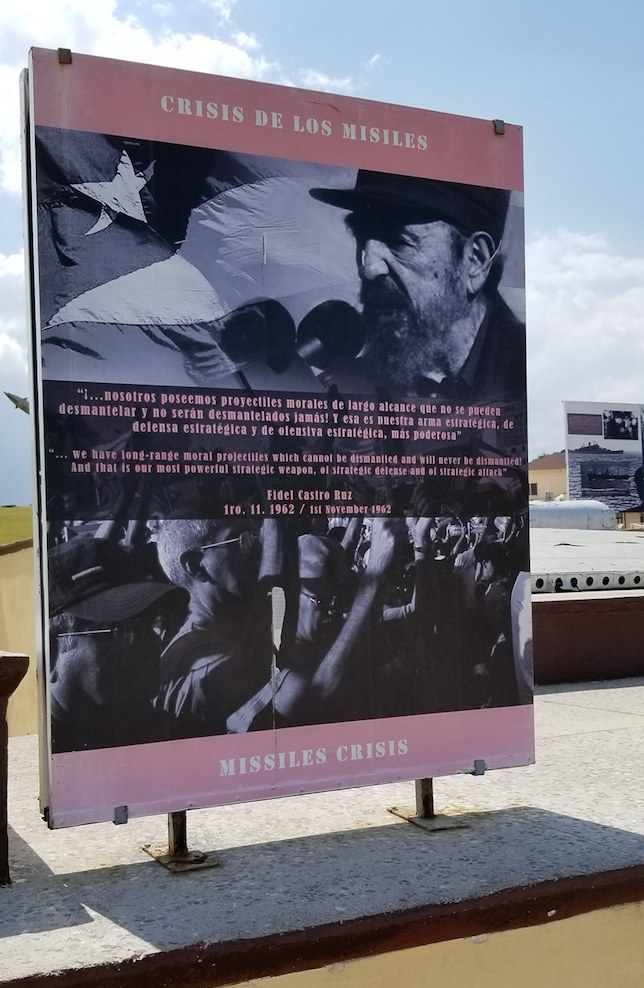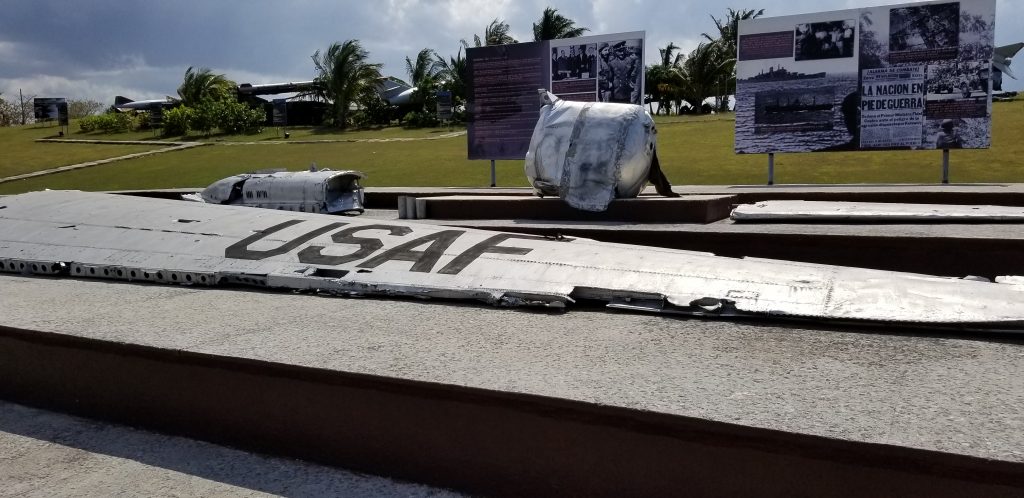“The [Cuban] missile crisis was the defining moment of the Kennedy presidency, and many observers have given him high marks. He was firm but restrained in responding to this most critical challenge, it is argued. He sought advice from different quarters. He left Khrushchev room for retreat. He did not gloat in the apparent U.S. victory. The October [1962] confrontation is also the most studied of Cold War crises, and as more has been learned, the praise for Kennedy has been tempered. To be sure, Khrushchev bears primary responsibility for the confrontation. He deluded himself into thinking he could get away with an incredibly rash move. But Kennedy’s obsession with Cuba and hostile actions carried out in Mongoose provided the occasion and rationale for Khrushchev’s actions, a connection totally lost on U.S. officials at the time. Even while he rejected the more risky alternatives, Kennedy’s initial response pushed the two nations to the verge of war. He did hold the hawks at bay and displayed skill in crisis management. But he would have been the first to admit that luck and chance helped determine the outcome. The United States came within hours of an invasion that could have had horrific consequences. The number of Soviet troops in Cuba far exceeded U.S. estimates, and they were armed with tactical nuclear weapons. An invasion could have triggered nuclear war.” –George Herring, From Colony to Superpower, pp. 722-23
Discussion Questions
- What were the key moments and turning points in the Cuban Missile Crisis?
- What insights should policymakers draw from this episode when preparing to face their own challenges in crisis management?
“Thirteen Days” (2001)


